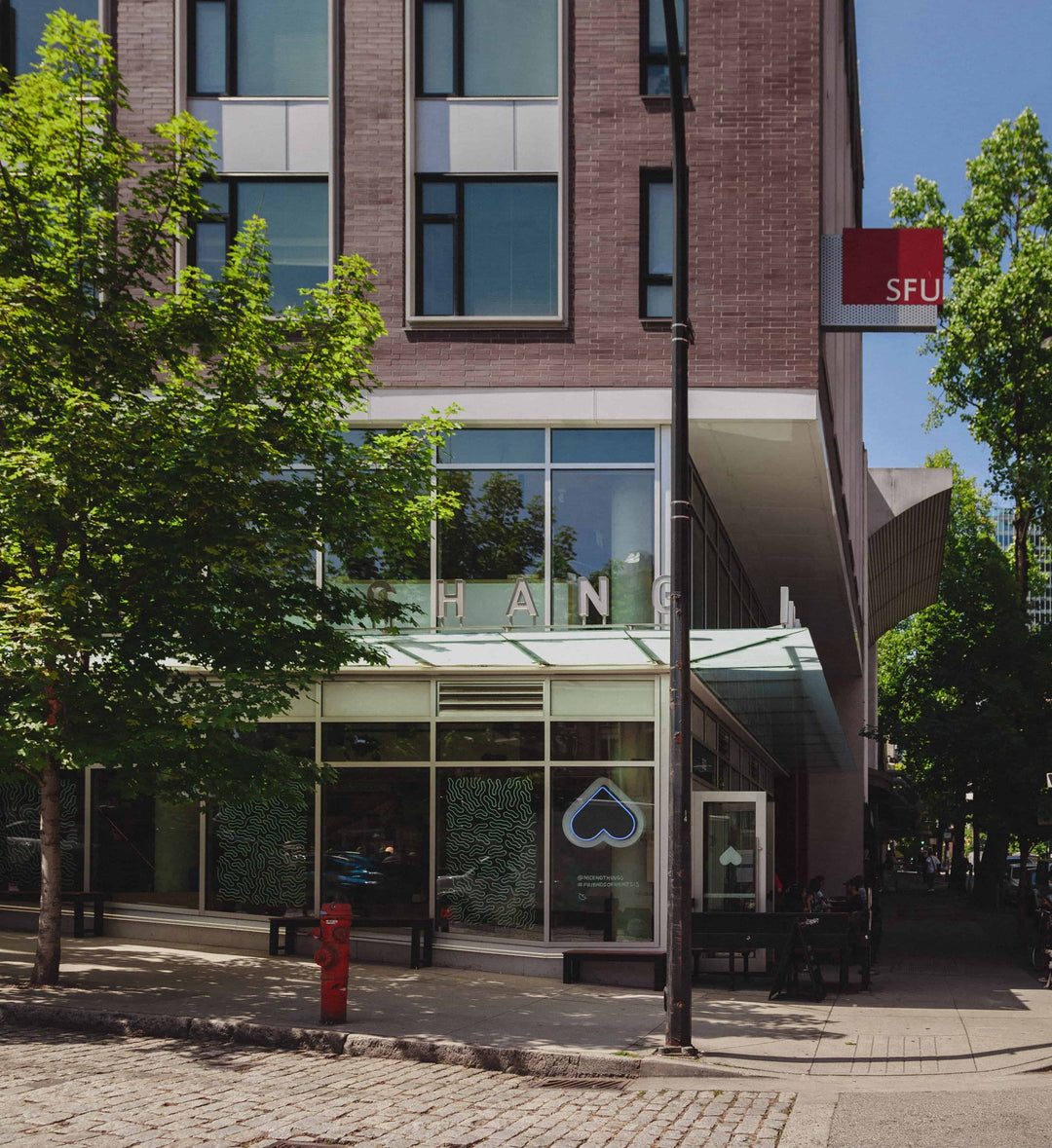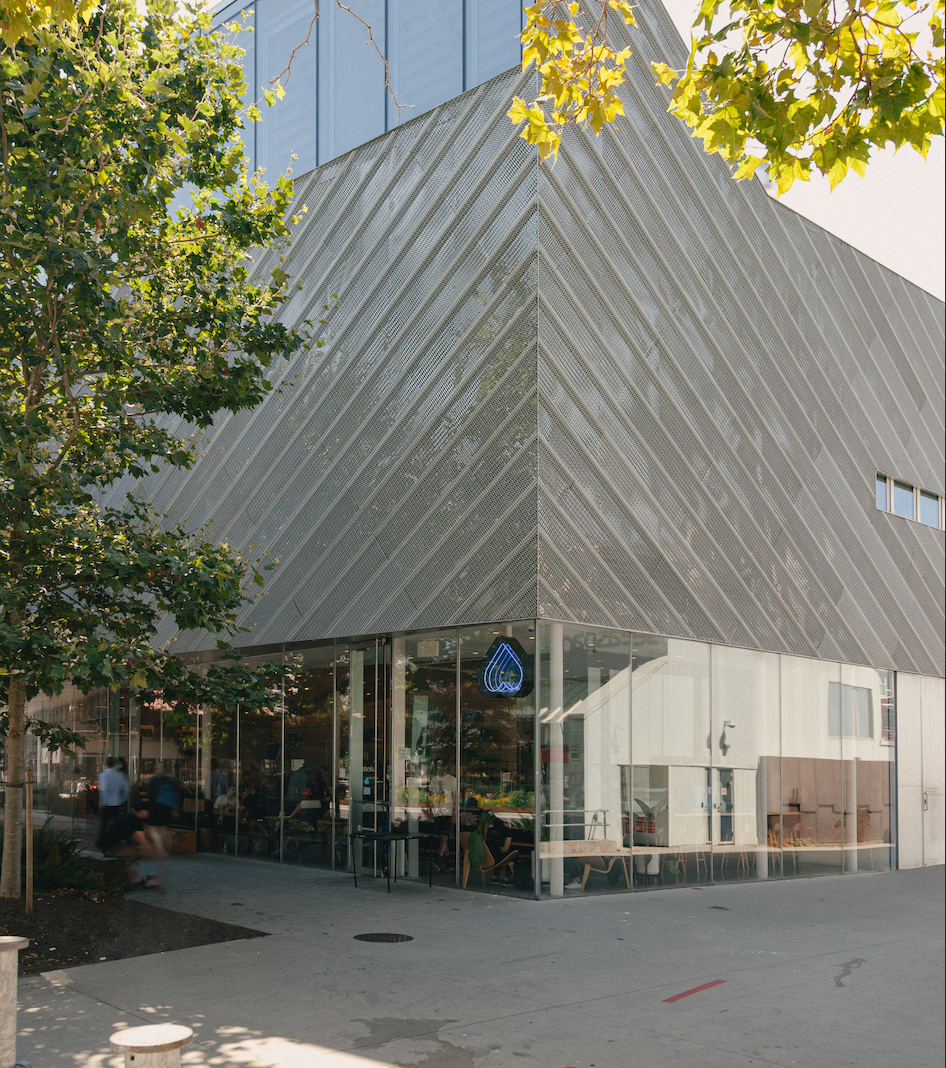Ethiopia - Yabitu Koba
about the region.
Ethiopia is rightly celebrated for producing high quality and expressive coffees, with a history dating back to the very discovery of Arabica. Sidama and Yirgacheffe are perhaps the two most famous regions, long regarded as producing some of the world's best coffees. Interestingly, the Guji zone, a sub-region of the Oromia/Sidamo region, only achieved status in 2014 after producers petitioned to be distinguished from its more established neighbours. The Ethiopian Coffee Exchange ultimately agreed to recognize Guji as its own distinct coffee producing zone, to the west of Yirgacheffe and south of Sidama, due to the unique and exceptional quality of the coffee grown there.
Guji has some of the highest elevations of coffee cultivation in Ethiopia with average altitudes ranging from 2000 all the way up to 2400 metres above sea level. Higher elevations generally result in higher quality Arabica coffees as the cooler night temperatures stress the plant resulting in fewer cherries per plant, denser seeds. The result is Guji coffees have the best of the qualities that Ethiopian coffee is loved for: intense fruit acidity and sweetness, clarity and complexity.
about the washing station.
These two coffees come to us from the Yabitu Washing Stations in the Koba kebele community of the Uraga woreda micro-region. In order to focus on the maximum quality of their processing methods the Yabitu Stations separated into two sites. The first focuses only on washed and honey processing, allowing the team to specialize in honing every detail of the de-pulping and fermenting of the coffee and drying of parchment with and without mucilage. The second site specializes in natural processing. The whole cherries are slow dried on raised beds to limit fermentation and maintain a clean profile.
This year we are lucky enough to feature coffee from both of these sites and experience the full picture of the coffees produced here. These two stations took deliveries from 709 farmers in the 2024/2025 harvest processing a total of around 850,000 kilograms of cherries, making this kebele one of the largest in Uraga. The region is relatively young considering the long history of Ethiopian coffee production. Farmers grow coffee on small family owned plots that average around 2 hectares and cultivate local heirloom varieties.
about the coffee.
Unlike other coffee growing origins, Arabica coffee grows wild in Ethiopia and has developed exceptional genetic diversity. It is estimated that there are over 10,000 distinct heirloom or landrace varieties. Since the 1970s the Jimma Agricultural Research Centre (JARC) has been conducting research into the wild Arabica varieties that grow throughout Ethiopia, classifying these heirloom varieties, distributing regionally suitable seeds to producers and developing new hybrids.
The farmers around Yabitua Koba primarily grow JARC 74100 and JARC 74112 as in other parts of the Guji Zone. These varieties are well suited to the extreme altitudes of the Guji Zone, some of the highest found not only in Ethiopia, but anywhere in the world. Higher elevations result in slower maturation of the fruit and fewer cherries per tree, which leads to higher Brix levels - or sugar concentrations - in the coffee.
cup profile.
washed process
apricot | chamomile | vanilla
This washed process provides a crystal clear picture of the Yabitu Koba kebele flavour profile. While neighbouring zones produce citrus and black tea notes, the intense sweetness of this micro-region elevates the taste profile to yellow fruit like apricot and peach a.nd the tea notes become chamomile and lemongrass. The body is light yet coating like cold-pressed juice with a meticulously clean finish.
natural process.
strawberry | lilac | nectarine
The natural process transforms the coffee to sweet red berries and purple florals. The body is medium weight and rich with a coating mouthfeel. The complex fruit notes are supported by a chocolate and caramel sweetness that carries through in the finish.





